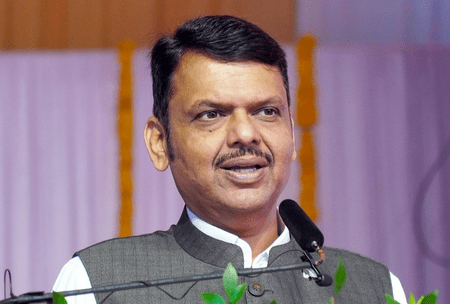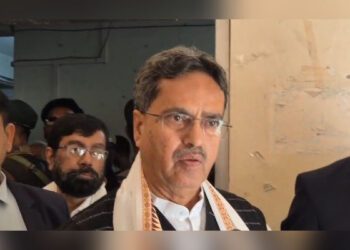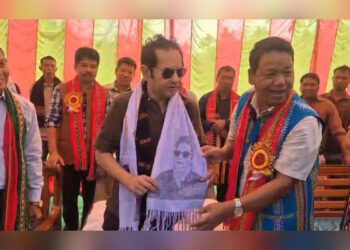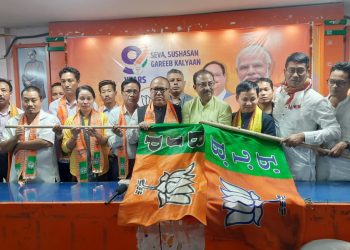Mumbai, Nov 26: The ongoing controversy over the use of “Bombay” versus “Mumbai” intensified on Wednesday after Chief Minister Devendra Fadnavis asserted that the BJP played a key role in renaming the city and announced his intention to request the Prime Minister to officially rename IIT Bombay as IIT Mumbai.
Fadnavis claimed that BJP leader Rambhau Naik had made the most significant contribution to changing the city’s name from Bombay to Mumbai. “For us, it is not Bombay but Mumbai. The traces of Bombay should be erased completely. I will personally write to the Prime Minister and the Human Resource Minister, urging them to rename IIT Bombay to IIT Mumbai,” he said.
His comments came in response to Maharashtra Navnirman Sena (MNS) chief Raj Thackeray’s criticism of Union Minister Jitendra Singh, who had remarked, “I thank God that IIT Bombay’s name was not changed to IIT Mumbai,” a statement that triggered political backlash in the state.
Taking a jab at Thackeray, Fadnavis said that some people seemed uncomfortable even asking for the renaming of institutions their children attend.
Earlier, Raj Thackeray launched a sharp attack on Singh, accusing him of harbouring a mindset that undermines Mumbai’s identity. In a strongly worded post on X, Thackeray claimed that certain forces have long been uncomfortable with Mumbai remaining a part of Maharashtra. He alleged that the government prefers the name “Bombay” and suggested that attempts were being made to “emotionally and administratively” drift Mumbai and the Mumbai Metropolitan Region (MMR) towards Gujarat.
He warned Marathi people to stay vigilant, stating that the name “Mumbai,” tied to the goddess Mumbadevi, represents the city’s Marathi roots—roots that, he alleged, some want to erase.
Drawing parallels with recent controversies involving Chandigarh, Thackeray claimed that similar attempts could be underway for Mumbai. “They don’t want Mumbai, they want Bombay,” he said, urging Marathi citizens to “wake up” and resist any effort to diminish Mumbai’s cultural and political identity.


















